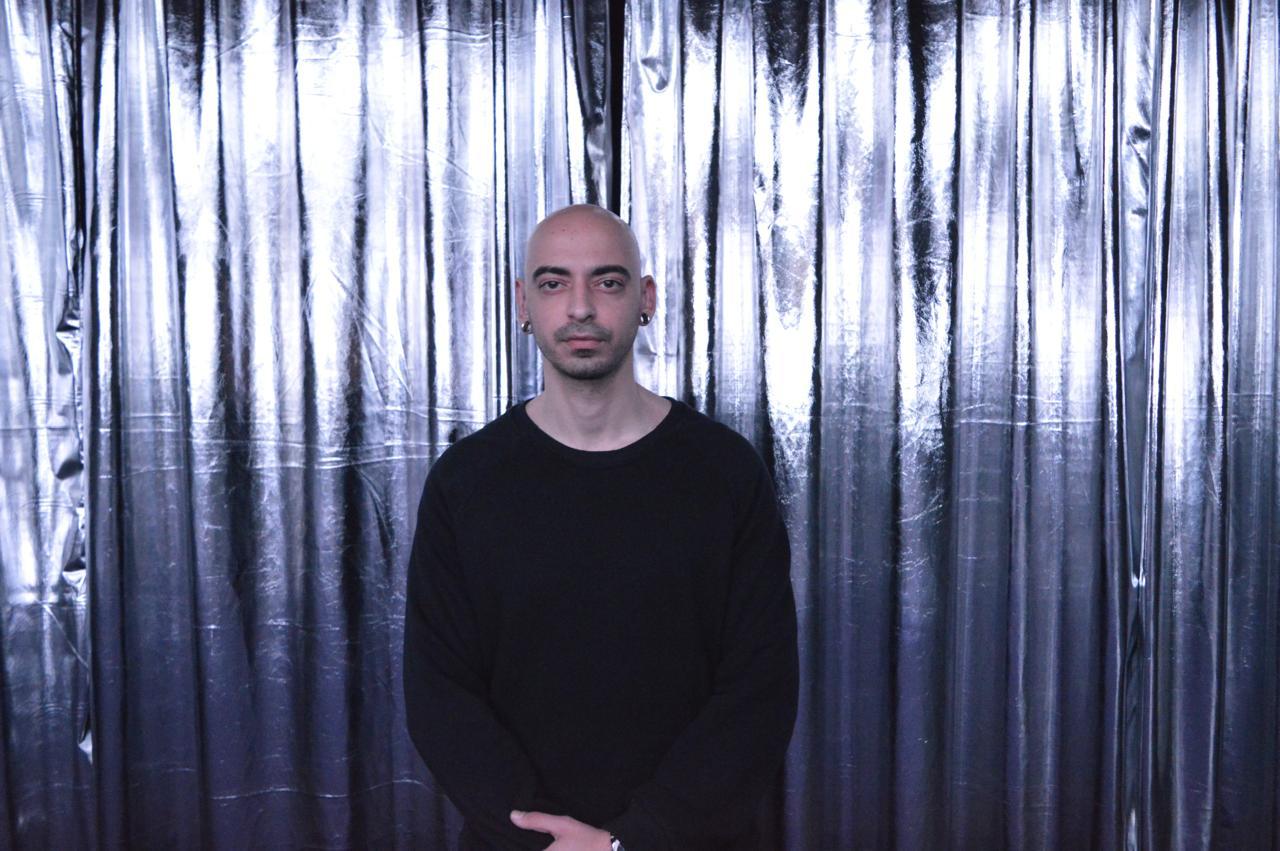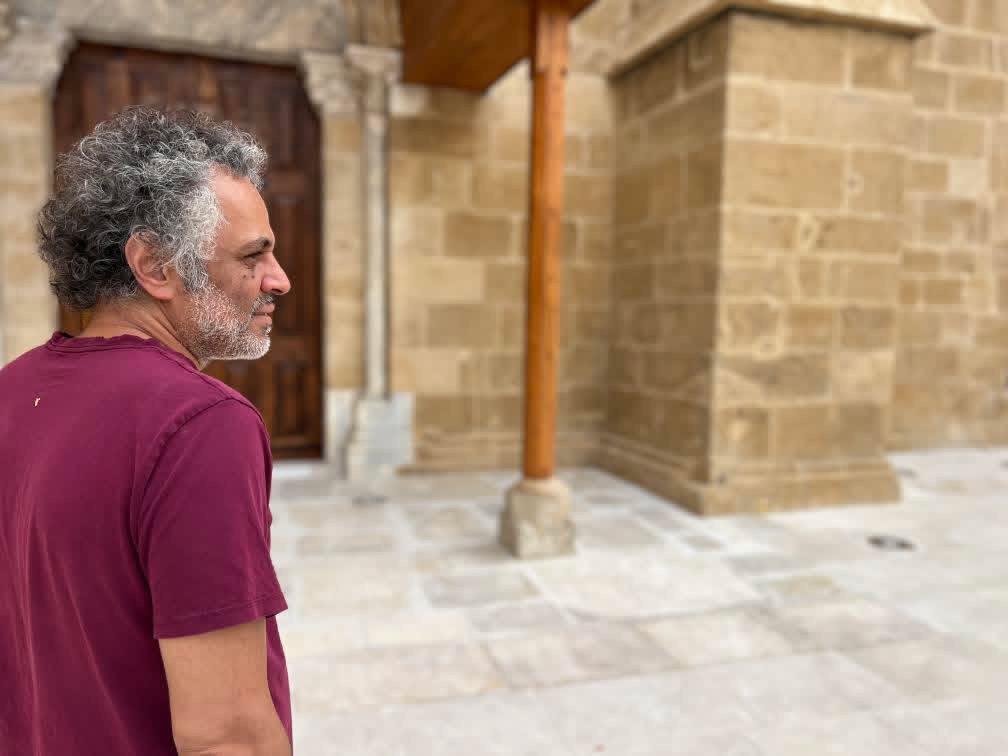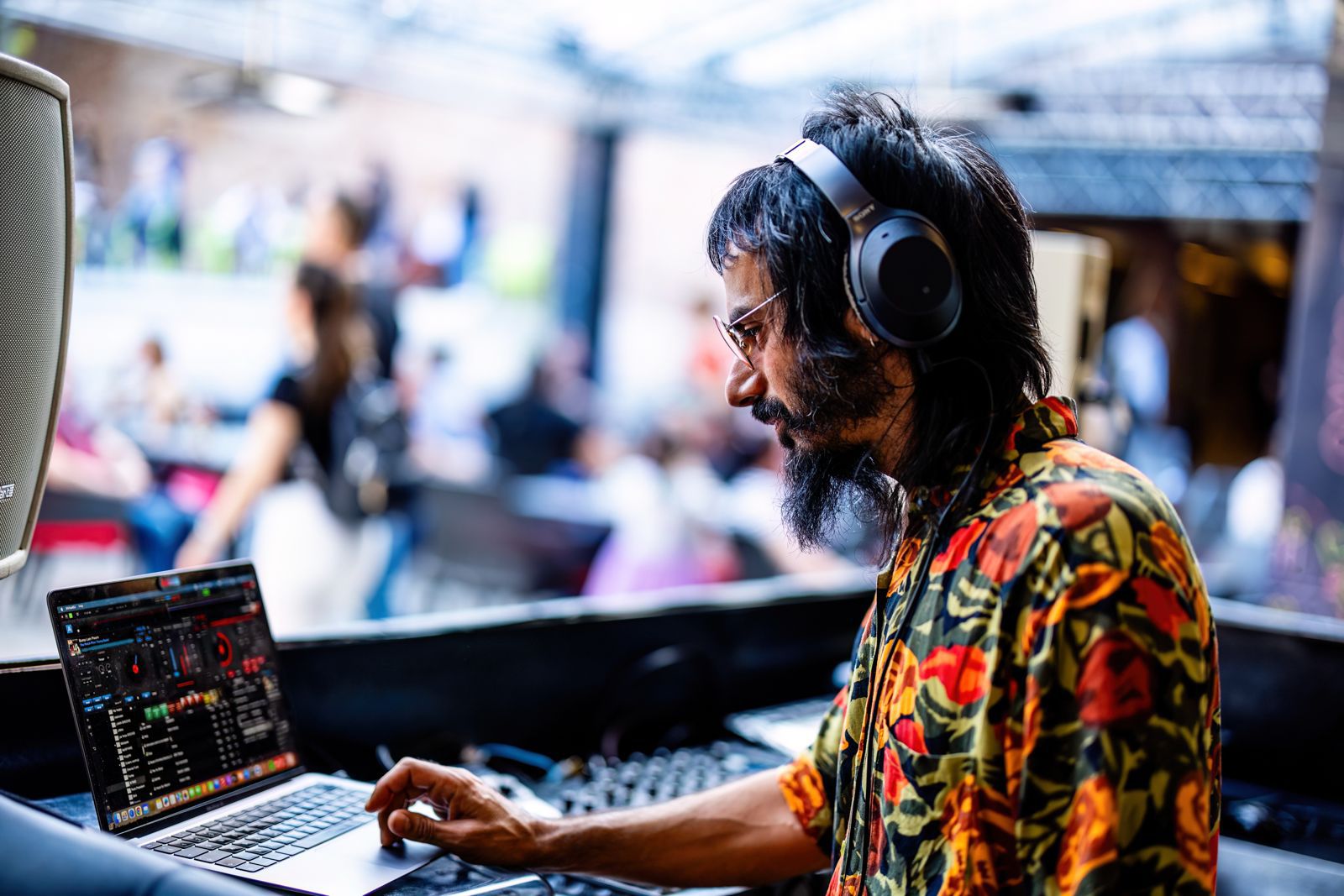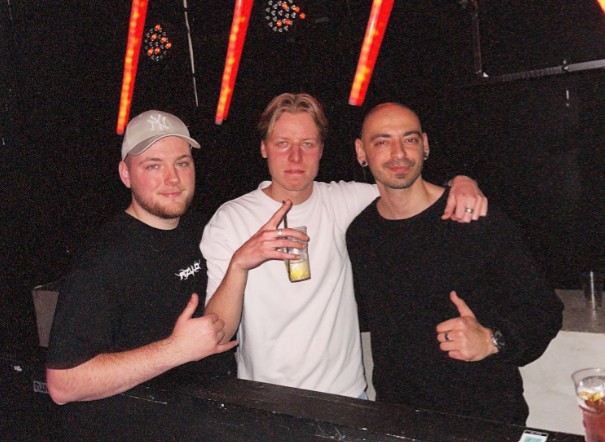
By Massimiliano Sfregola**
Cyprus has been divided for more than half a century, with its capital, Nicosia, split down the middle. But while politicians continue to stumble on the path to reunification, a new generation of DJs and music lovers is quietly achieving what decades of diplomacy have not: bringing the island’s two communities together, one party at a time. It’s not without challenges, but through underground club nights and shared dance floors, Greek Cypriots and Turkish Cypriots are creating a cross-border rhythm all their own.
What politics has yet to achieve in Nicosia, the reunification of the capital, music is already doing. Thumping beats, tribal rhythms, and strobe-lit dance floors are building a circular energy that, week by week, makes the city feel more like London or Berlin than a once-militarized zone.
Young Cypriots are crossing the divide not for debates, but for DJ sets. As they move between the two sides of the city to dance, attend events, and share music, Nicosia starts to feel whole again, if only for a night.
Gone are the days when live music meant rembetiko classics in Greek Cypriot tavernas or Turkish pop across the Green Line. Now, techno, house, and other global genres are the unofficial soundtrack of a new, connected scene.
Turkish Cypriot Osman Merter works at Sllip, an underground club in central Nicosia. “I’m the only Turkish Cypriot here,” he says. “The others all come from the south. We don’t speak the same language, but I was welcomed from day one.”
 Osman Merter
Osman Merter
Merter says the city’s nightlife scene faces plenty of hurdles but still plays an important grassroots role in bridging the divide. “Greek Cypriots come to see me at Biblioteque (in the occupied part of Nicosia), and it’s often their first time crossing the Green Line, just to hear me play.”
Osman is part of 'Room 4,' a collective of Turkish Cypriot DJs and music producers who organize events on both sides of the capital. “There’s a vibrant scene in the south,” he says, “and it’s not just locals; Europeans familiar with high-quality underground music show up too.”
But it’s not just about electronic music. Barçın Gökbörü, known as Radio Pangea, is a Turkish Cypriot DJ who plays world music and is a staple across the capital. “I don’t know if I was the first Turkish Cypriot to play in the south, but I was definitely one of the first,” he says, proudly holding a poster for an upcoming show.
 Barçın Gökbörü (Radio Pangea)
Barçın Gökbörü (Radio Pangea)
When he returned to Cyprus from Istanbul in 2010, Gökbörü says the occupied north's music scene was still mostly commercial and confined to hotel lounges. Organizing alternative gigs was a battle, especially with no record stores or established venues to rely on. Many in the north have long looked south for music culture, where record shops and underground clubs have been active since the ‘90s.
Today, though, the ''northern'' scene is growing, not just in Nicosia but also in Famagusta, and Greek Cypriot DJs are increasingly performing across the divide too.
One of them is Antonis Antoniou, a member of the award-winning band Monsieur Doumani and one of the first Greek Cypriots to DJ in the occupied north. “When the checkpoints opened, I crossed just to see what it was like. I didn’t know any Turkish Cypriots.”
 Antonis Antoniou (Monsieur Doumani)
Antonis Antoniou (Monsieur Doumani)
Thanks to bicommunal music projects, Antoniou began performing in the occupied north and even formed a new band, Buzz’Ayazz, with a Turkish Cypriot drummer. “Nowadays, many Greek Cypriot DJs play in the north,” he says. “The audience is mixed from both communities.”
Still, the political reality hasn’t disappeared. “Some people won’t come to my shows in the north just because they don’t want to cross,” Antoniou admits. “And I know that my Turkish Cypriot bandmate wouldn’t feel as welcome everywhere in the south.”
From the other side, Osman and Radio Pangea highlight different but just as limiting issues. Some of their fans from the occupied areas simply "can’t" cross, whether due to ID issues, restrictions, or fear. Moving all events to the south isn’t a solution either: “That would mean leaving behind our local supporters,” they say.
As a workaround, DJs often double their gigs, one in the occupied north and one in the south. Even then, turnout can be tricky. “When I play in Famagusta, many people from the south want to come, but they don’t have car insurance for the occupied areas, their phones don’t work across the Line, and it’s hard to get there without a car,” says Osman. “So sometimes I’m not just the DJ, I’m the driver too,” he laughs.
Whether this musical momentum will lead to political change is uncertain. But one thing is clear: despite the divide, Cyprus’ younger generation has found its own way to connect, not through speeches or negotiations, but through rhythm, sweat, and a shared love of sound.

**Massimiliano Sfregola is a freelance journalist who covers compelling local stories and social shifts shaping life in Cyprus.
































